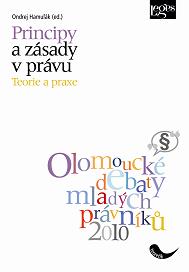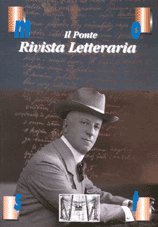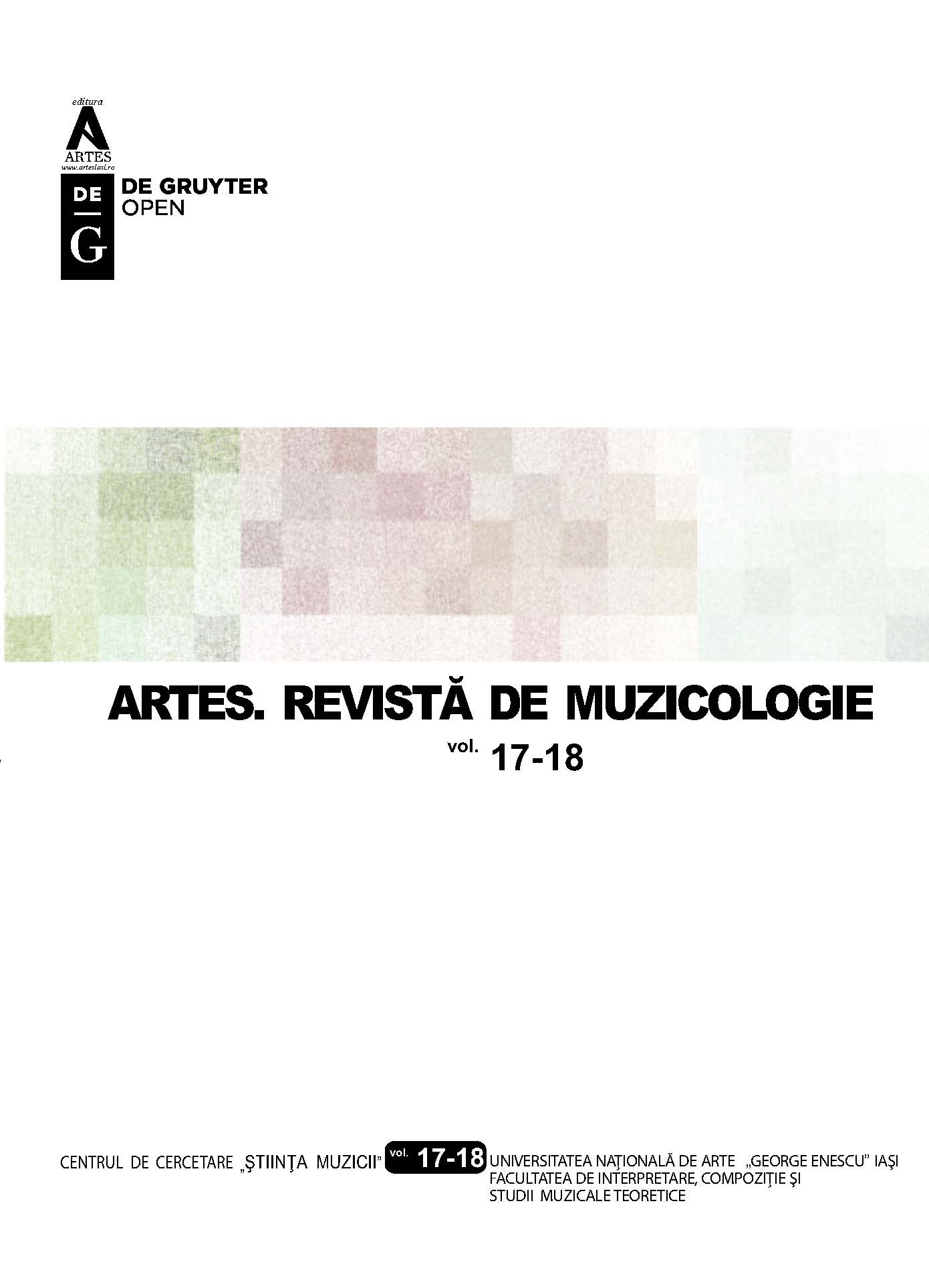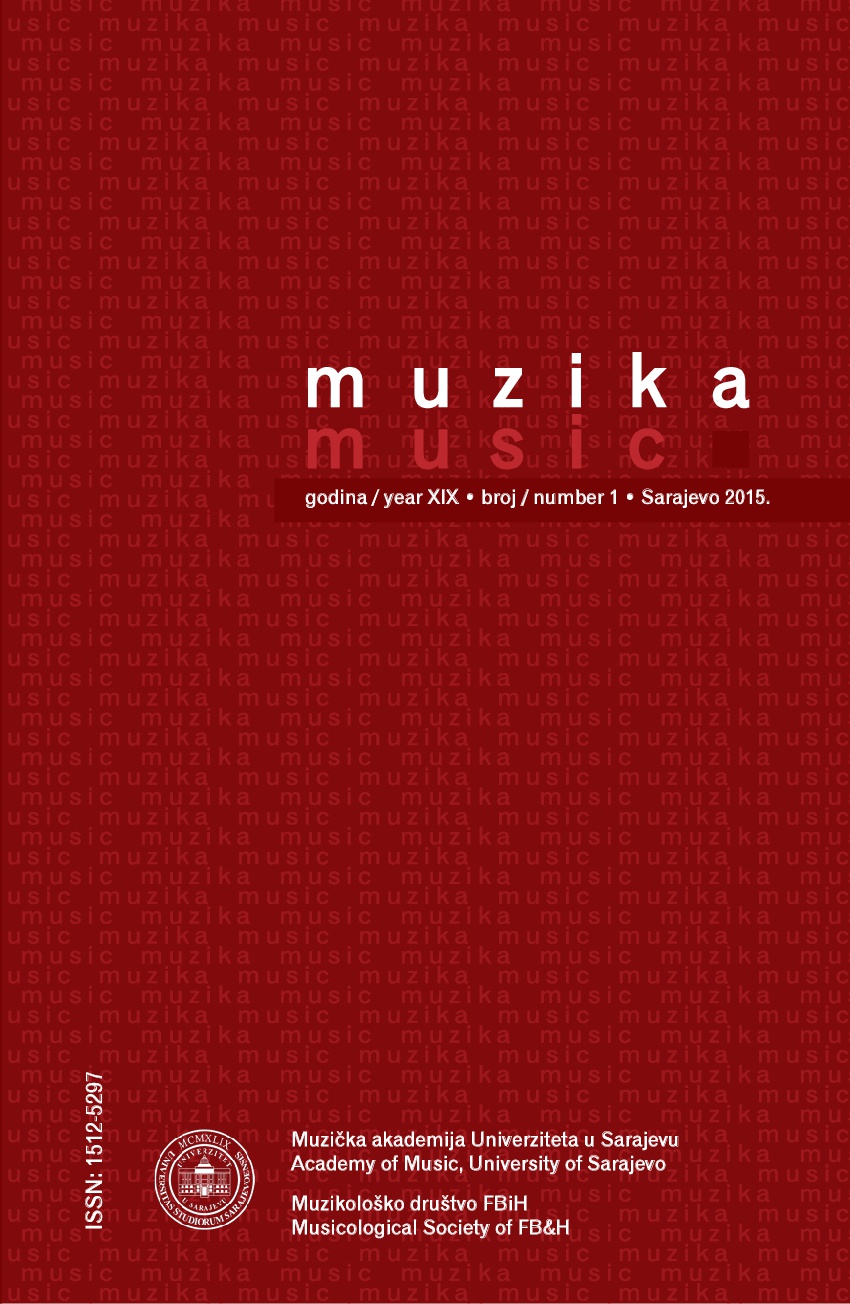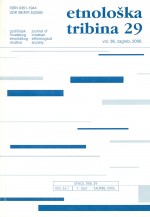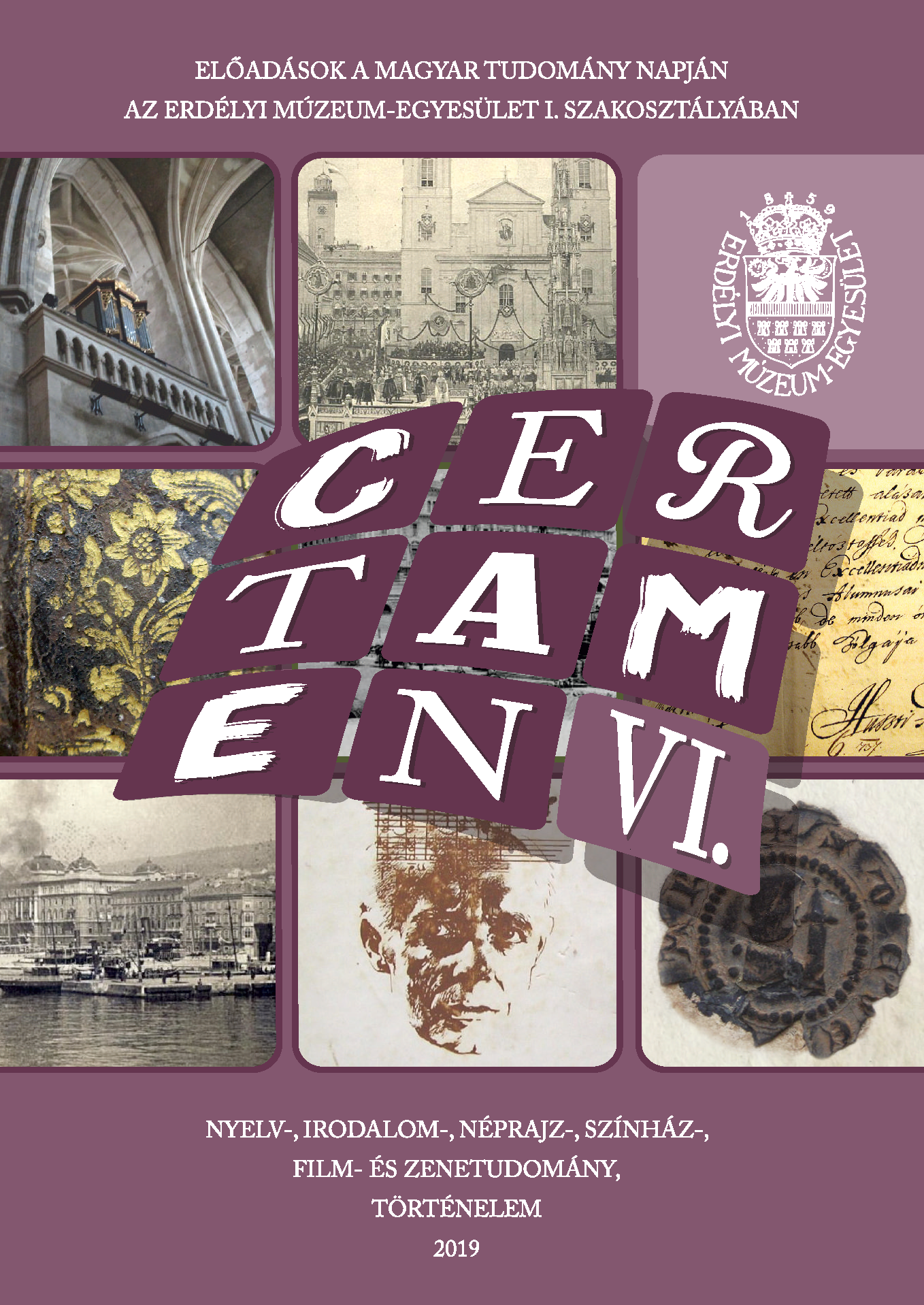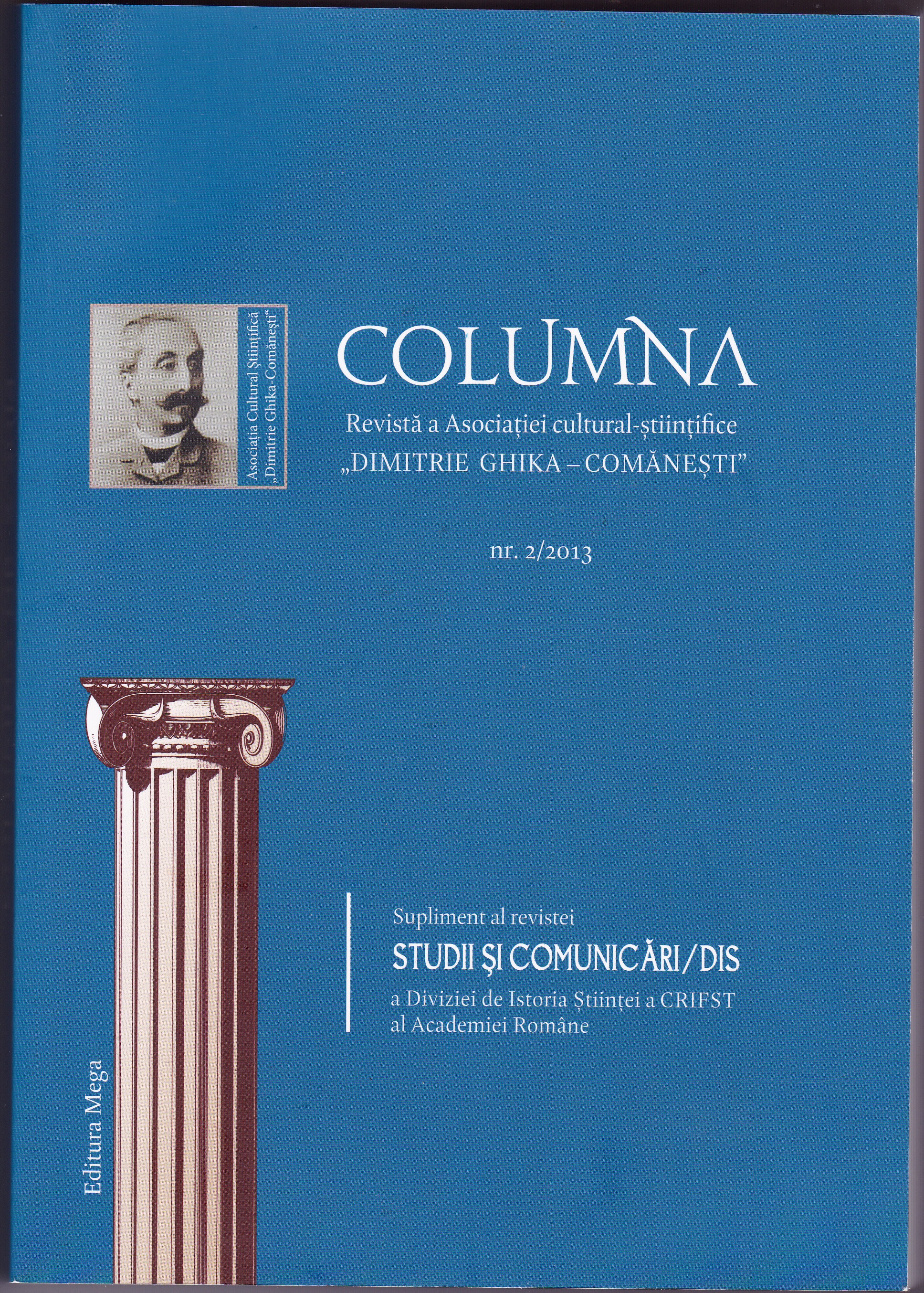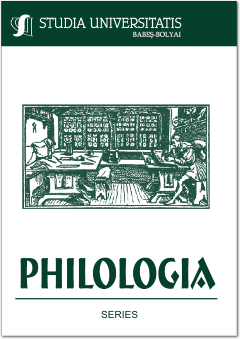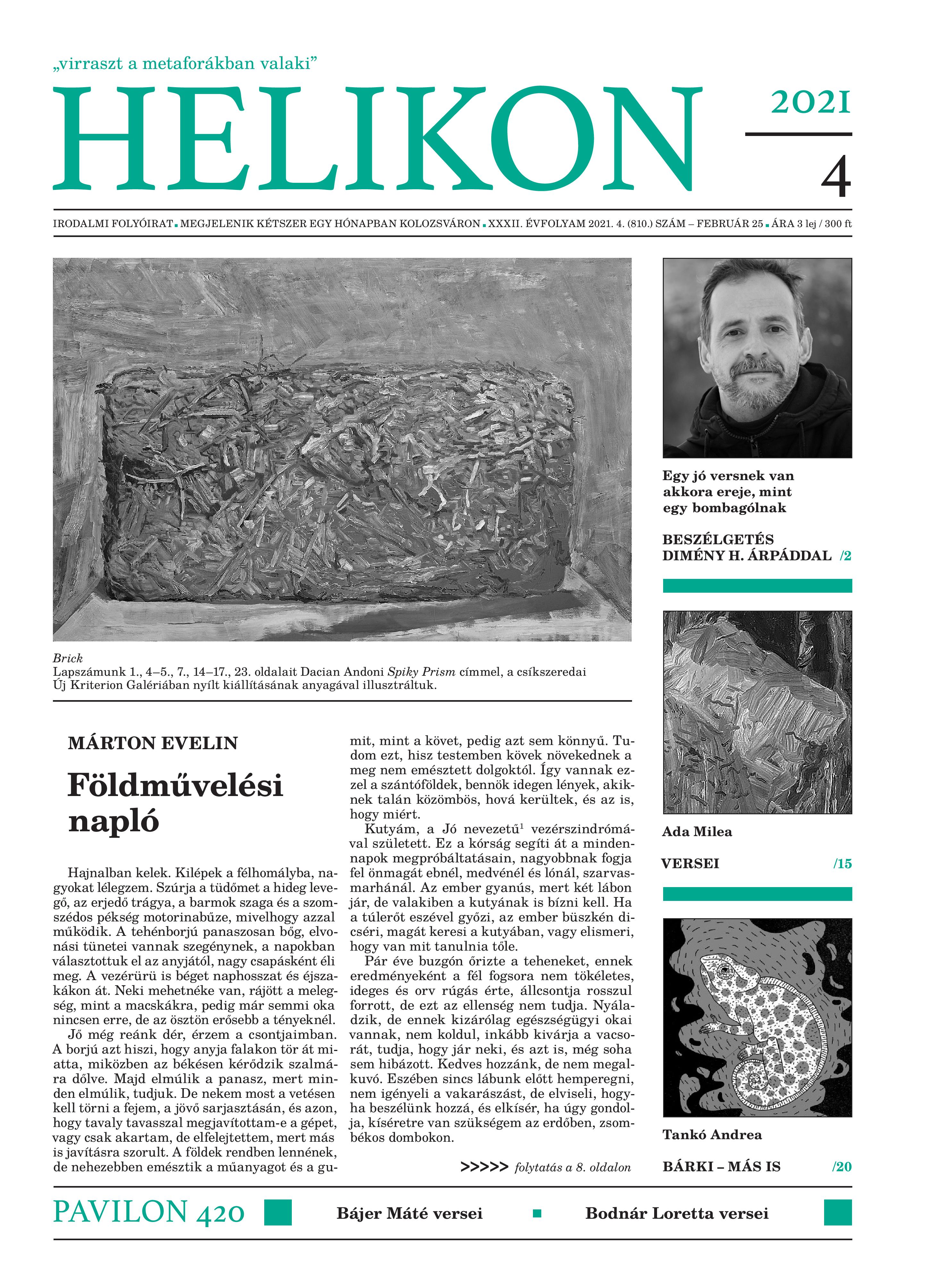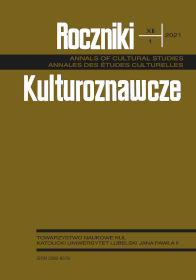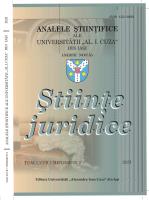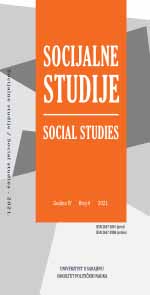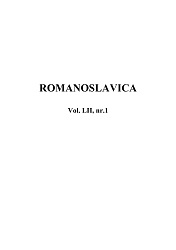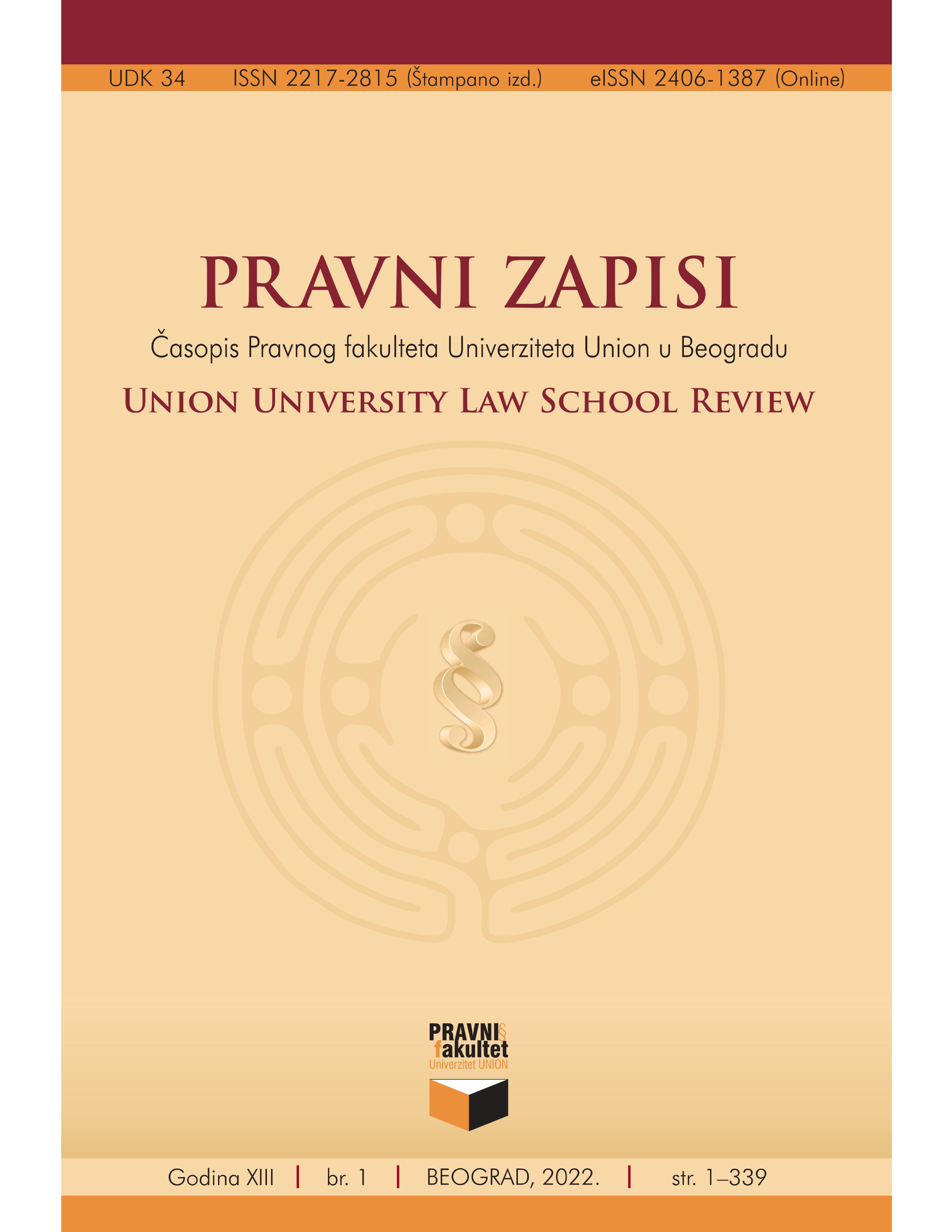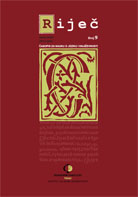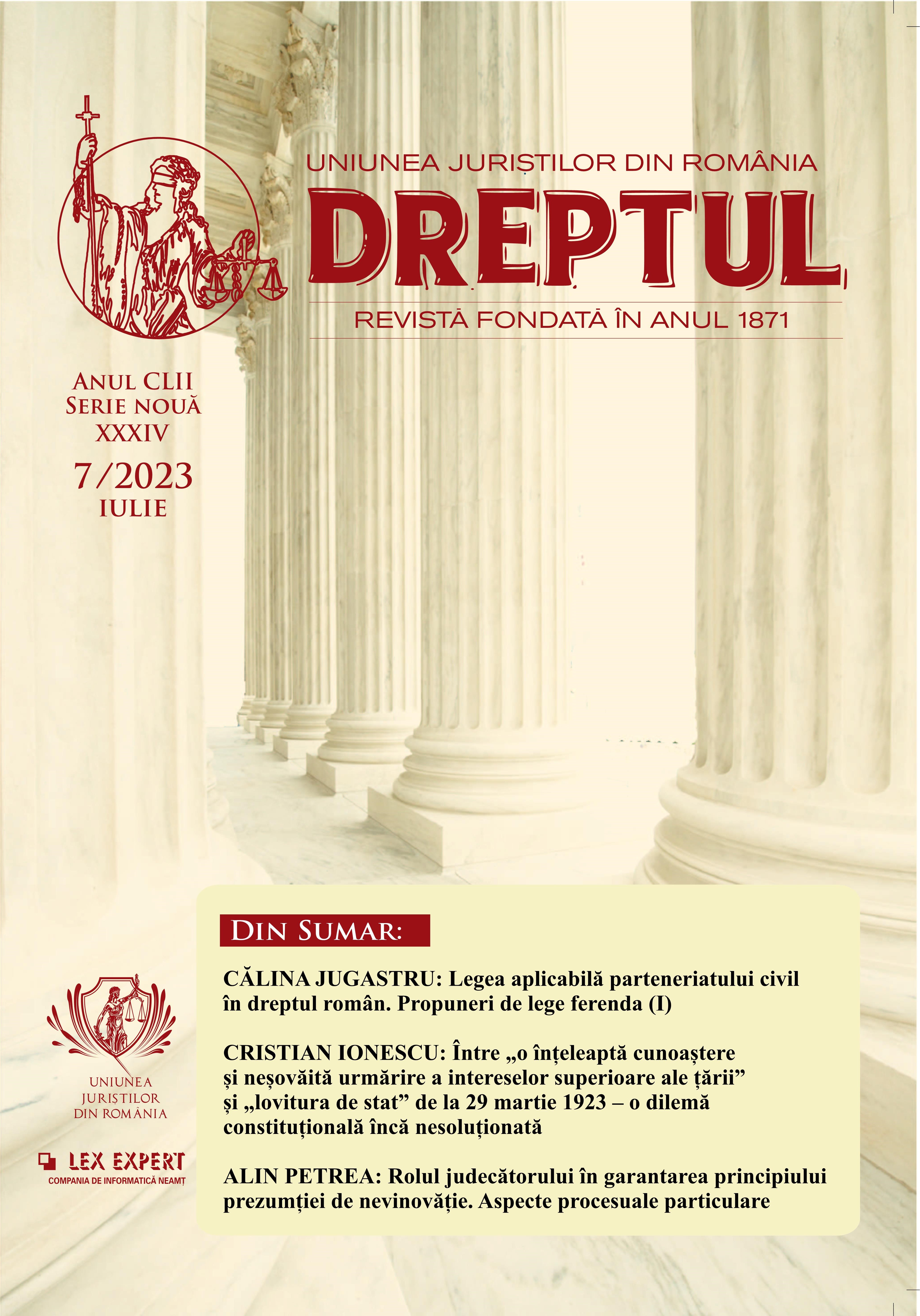LA FIGURE DE GJERGJ KASTRIOT-SKENDERBEG DANS LE THÉÂTRE ESPAGNOL DU XVII IÈME SIÈCLE
FIGURA E GJERGJ KASTRIOTIT – SKËNDERBEUT NË TEATRIN SPANJOLL TË SHEKULLIT XVII
Keywords: Albania; Albanian Language; GJERGJ KASTRIOT ; SKENDERBEG ; THÉÂTRE ESPAGNOL ; XVII IÈME SIÈCLE
Des études consacrées à la figure de Scanderbeg dans la littérature ibérique manquent jusqu’à maintenant. Il faut dire quand même que cette figure occupe une place considerable dans cette littérature et surtout dans celle espagnole, on pourrait même dire que c’est une figure populaire dans l’Espagne du XVième siècle et plus tard. A la différence de l’Angleterre, de la France et de l’Allemagne où il est le héros des poésies et des nouvelles, en Espagne Skenderbeg est présent sur la scène du théâtre. L’Acte sacramentel de Juan Lopez Montalban est l’unique drame religieux consacré à notre héros et s’intitule Escanderbeg. L’auteur de ce drame, Montalban, a eu beuacoup de sources pour écrire son oeuvre. Cette oeuvre est mise en scène au moins deux fois, en 1629 et en 1633. Histori e Skënderbeut de Barleti était traduit en espagnol depuis un siècle, mais les deux drames de Velez de Guevara demeurent la source principale de Montalban. Ce qui témoigne le fait que Escanderbeg est le premier drame publié en Espagne, mais pas le premier drame écrit. Le drame est traversé d’un profond esprit religieux où Scanderbeg est considéré comme le défenseur du christianisme. Alors que Luis Velez de Guevara, l’un des noms connus de la littérature espagnole, est l’auteur de deux drames sur Scanderbeg El principe esclavo et El principe Escanderbeg. On ne connaît pas la date de la publication, alors qu’ existent deux publications pour la deuxième, en 1634 et en 1679. Ces deux drames ont été les premiers à traiter de la figure de Scanderbeg dans l’Espagne du XVIIième siècle. Dans ces oeuvres Scanderbeg est toujours le personnage central. Il est un personage très complet, complexe, loins des traitements simplifiés et schématiques qui prédominent dans la littérature de l’époque. De Guevara a conservé une balance entre le facteur historique et celui artistique, où Scanderbeg est présenté comme le symbole de tous les vertus.
More...
